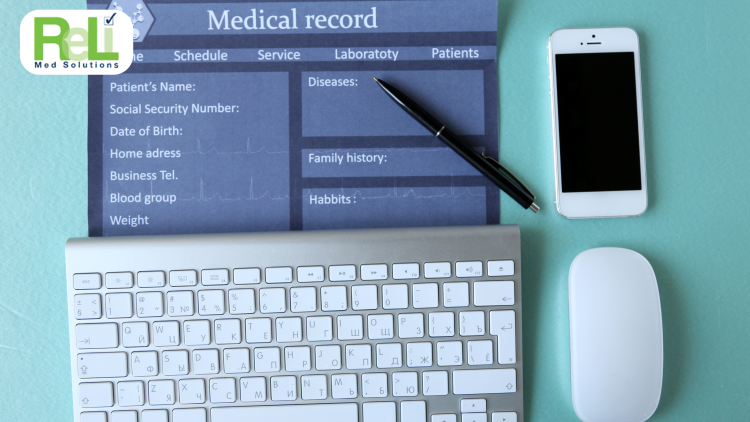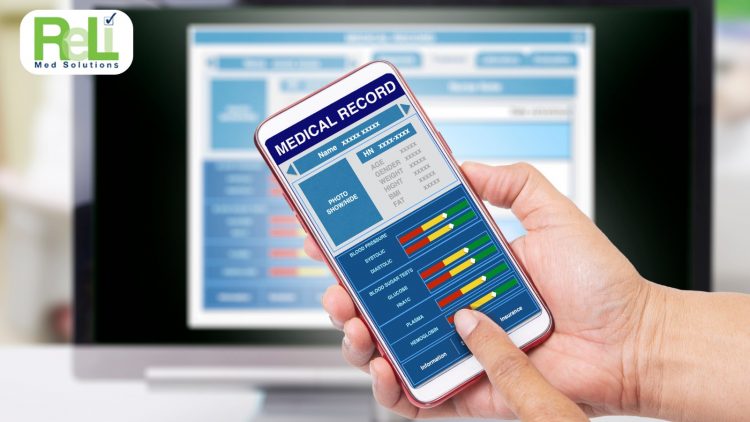How Medical Records Optimization Can Transform Your Revenue Cycle Management Strategy
Revenue Cycle Management is the financial lifeline of any healthcare organization. It involves managing the flow of money from patients and insurance companies to the healthcare provider. Because Revenue Cycle Management is responsible for ensuring that providers are paid for their services, it’s crucial that the process is efficient and error-free. However, challenges like billing errors, coding inaccuracies, and frequent claim denials are common. Due to these challenges, healthcare providers often struggle to maintain a steady revenue flow, which can lead to financial instability. Therefore, optimizing the components of Revenue Cycle Management is essential for the financial health of healthcare organizations.
What is Medical Records Optimization?
Medical Records Optimization refers to the process of ensuring that all patient records are accurate, complete, and easily accessible. Because accurate records form the foundation of proper billing and coding, they are directly linked to the success of Revenue Cycle Management. So, what does optimization involve? It includes ensuring that patient data is accurate, documentation is complete, and all records are accessible to relevant stakeholders. By optimizing Medical Records, healthcare providers can reduce errors, improve compliance, and enhance overall efficiency.
Steps to Optimize Medical Records
- Training and Education – Due to the importance of accurate documentation, staff training is crucial. So, regularly training staff on best practices ensures that all records are complete and accurate, which is vital for the success of Revenue Cycle Management.
- Regular Audits and Quality Checks – Conducting regular audits and quality checks is essential to maintaining the accuracy and completeness of Medical Records. By identifying and rectifying discrepancies, audits ensure that records meet required standards, supporting the overall Revenue Cycle Management strategy.
- Leveraging Technology and Automation – Due to the availability of advanced tools and software, healthcare providers can automate record-keeping processes. So, utilizing these technologies can significantly reduce manual errors and save time, ensuring that records are consistently accurate and up-to-date.
- Case Studies and Success Stories – Many healthcare organizations have successfully implemented Medical Records optimization strategies and witnessed measurable improvements in their Revenue Cycle Management outcomes. For instance, a large healthcare provider reduced claim denials by 30% after optimizing their Medical Records. So, the impact of optimization on Revenue Cycle Management is both tangible and significant.
Benefits of Optimized Medical Records on RCM
- Accuracy and Compliance – One of the most significant benefits of optimized Medical Records is the reduction in billing errors and claim denials. Because accurate records ensure that the correct codes are used, there are fewer errors, which leads to quicker payments. Additionally, optimized records help healthcare providers adhere to healthcare regulations, minimizing the risk of non-compliance penalties.
- Efficiency and Speed – Optimized Medical Records can accelerate the entire claim processing cycle. So, healthcare providers can process claims faster, improving cash flow and overall revenue. Due to reduced administrative burdens, staff can focus on more critical tasks, further enhancing operational efficiency.
- Enhanced Patient Experience – Due to optimized Medical Records, patients experience better interactions and billing transparency. So, they receive correct billing information, which increases trust and satisfaction. In addition, accurate records ensure that patient care is based on the most up-to-date information, enhancing overall patient outcomes.
- Data Analytics and Decision-Making – Optimized Medical Records provide valuable data that can be used for better financial forecasting and strategic planning. Because the data is accurate and readily available, healthcare providers can make informed decisions that positively impact their financial health.
ReLi Med Solution offers comprehensive Medical Billing Services to streamline your Medical Records and enhance your Revenue Cycle Management strategy. Because of their expertise in Medical Records management and advanced technology, ReLi Med Solution can help transform your approach to Revenue Cycle Management. Contact ReLi Med Solution today to learn more about how they can assist you in achieving your RCM goals.



